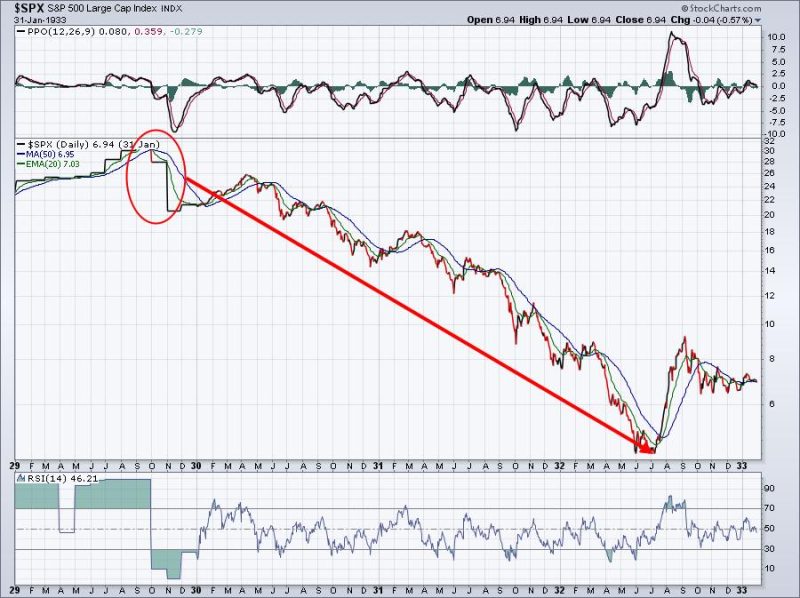With the recent surge in market volatility and a multitude of economic uncertainties on the horizon, investors around the globe are bracing themselves for potential turbulence in the U.S. stock market. The month of October, historically notorious for market crashes and significant corrections, has garnered increased attention from market analysts and experts. Could U.S. stocks crash in October, sending shockwaves throughout the financial world? Let’s delve deeper into the various factors that could contribute to such a scenario.
1. **Inflationary Pressures**:
The looming specter of inflation continues to haunt investors, with rising prices across various sectors of the economy sparking concerns about runaway inflation and its adverse impacts on stock valuations. The Federal Reserve’s ongoing efforts to strike a delicate balance between curbing inflationary pressures and supporting economic growth have only added to the uncertainty, leaving investors on edge.
2. **Interest Rate Hikes**:
The prospect of aggressive interest rate hikes by the Federal Reserve presents another significant risk to the stability of U.S. stock markets. While the central bank aims to combat inflation by tightening monetary policy, higher interest rates could dampen consumer spending, increase borrowing costs for businesses, and ultimately weigh on corporate earnings and stock prices.
3. **Geopolitical Tensions**:
Geopolitical tensions, whether in the form of trade disputes, military conflicts, or diplomatic standoffs, have the potential to roil financial markets and trigger panicked selloffs. Heightened geopolitical risks, exacerbated by the ongoing global health crisis and other geopolitical flashpoints, could inject a new wave of uncertainty into the market and undermine investor confidence.
4. **Valuation Concerns**:
Mounting concerns over the excessive valuations of certain stocks and sectors have led many to question the sustainability of the stock market rally. Sky-high price-to-earnings ratios, speculative trading behavior, and frothy market conditions in certain segments of the market have raised red flags about a potential market correction or crash, especially if earnings fail to justify current valuations.
5. **Regulatory Changes**:
Proposed regulatory changes, particularly in sectors such as technology and finance, could introduce new risks and uncertainties for investors. Antitrust scrutiny, changes in tax policy, and regulatory crackdowns on certain market practices could disrupt business models and erode investor confidence, potentially triggering a market downturn.
6. **Black Swan Events**:
Lastly, the unpredictable nature of black swan events – unforeseen, extreme, and rare occurrences with profound market impacts – poses a perpetual threat to the stability of U.S. stock markets. From natural disasters to financial crises to global pandemics, black swan events have the potential to upend markets, catch investors off guard, and catalyze sudden and severe market corrections.
In conclusion, while the possibility of a U.S. stock market crash in October remains uncertain and speculative, investors are wise to stay vigilant, diversify their portfolios, and prepare for various scenarios. By closely monitoring key indicators, staying informed about market developments, and maintaining a disciplined investment approach, investors can navigate market volatility and potential downturns with resilience and poise. Ultimately, the ability to weather market storms and seize opportunities amidst uncertainty will separate the prudent investors from the panicked speculators in the ever-evolving landscape of global finance.

